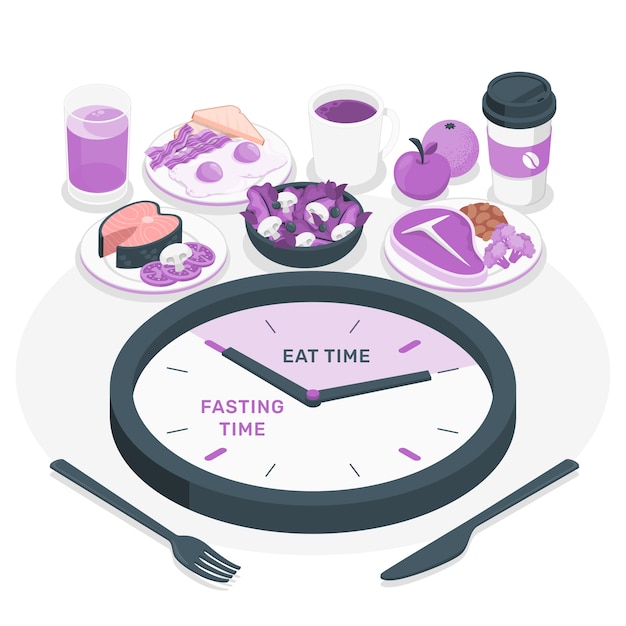
Getting a good night’s sleep can be challenging, especially in today’s fast-paced world. Over the last 60 years, the average amount of sleep adults get each night has dropped from 8.5 hours to just 6.5 hours. Even though modern conveniences are everywhere, our schedules have only gotten more packed, and longer work hours don’t help.
Lack of sleep isn’t just an inconvenience—it can lead to serious long-term health problems and impact nearly every aspect of your daily life. In recent years, studies have shown that what you eat can play a significant role in how well you sleep. While there’s no single solution to better sleep, certain lifestyle adjustments—like regular exercise, managing stress, reducing caffeine, and cutting back on stimulating activities before bed—can make a big difference. One often-overlooked factor? Your diet. Some foods can actually help you fall asleep faster and improve the quality of your rest.
Here’s how certain foods work to help you sleep better and which ones to consider adding to your nighttime routine.
### Melatonin: Your Body’s Sleep Regulator
Melatonin is the hormone that regulates your internal clock, signaling your body that it’s time for sleep. This is why sleeping in a dark environment is so important—darkness helps trigger melatonin production. While some people take melatonin as a supplement before bed, a few foods naturally contain it or support the systems that produce it.
Cherries are one of the rare foods that have a significant amount of natural melatonin. Tart cherry juice, dried cherries, or even fresh cherries can be a great bedtime snack. Grapes also have melatonin, but their levels aren’t high enough to be very effective unless you consume a large quantity, which could lead to a sugar rush that worsens sleep issues. Walnuts are another good option, as they contain their own form of melatonin along with healthy fats that can aid in relaxation. Eating a small portion of walnuts 20–30 minutes before bed might help.
### Tryptophan and Serotonin: The Sleep Connection
Serotonin is a brain chemical that helps regulate mood and sleep. The amino acid tryptophan, found in many foods, is converted into serotonin and eventually into melatonin, making it an essential building block for better sleep. Carbohydrates can also trigger the release of tryptophan, making them helpful for sleep when paired with the right foods.
Foods rich in tryptophan include:
– Dairy products like milk, cheese, and yogurt
– Poultry like turkey and chicken
– Grains such as rice, oats, and barley
– Fruits like bananas, apples, peaches, and avocados
– Vegetables like spinach, broccoli, and asparagus
– Nuts and seeds, including almonds, cashews, and sunflower seeds
– Legumes such as chickpeas, black beans, and kidney beans
– Seafood like salmon, tuna, and shrimp
Including these in your diet can boost serotonin and melatonin production for better sleep.
### Magnesium: A Natural Relaxant
Magnesium helps calm your mind and body by shutting down adrenaline and acting as a natural stress reliever. Many people who struggle with sleep are deficient in magnesium, so increasing your intake may help. Foods high in magnesium include:
– Leafy greens like spinach and kale
– Avocados
– Bananas
– Nuts and seeds
– Soybeans
– Fish
Making magnesium-rich foods part of your daily meals could have a noticeable impact on your sleep quality.
### Vitamin B6: Supporting Serotonin Production
Vitamin B6 is another key player in the sleep equation. It helps convert tryptophan into both serotonin and melatonin, and some studies suggest it may even help reduce anxiety. You can find vitamin B6 in foods like:
– Fish and poultry
– Bananas
– Avocados
– Spinach
– Pistachios
– Prunes
Adding these foods to your diet can give your body the tools it needs to support healthy sleep.
### Calcium: Stable Sleep Starts Here
Calcium doesn’t just build strong bones—it also helps your brain produce melatonin, making it an important nutrient for restful nights. Not getting enough calcium can result in waking up in the middle of the night and struggling to fall back asleep. Dairy products like milk, yogurt, and cheese contain a powerful combination of calcium and tryptophan, making them some of the best sleep-friendly foods around. Other good sources of calcium include:
– Dark leafy greens
– Broccoli
– Okra
– Calcium-fortified orange juice
– Whole grains
Eating foods rich in calcium 20–30 minutes before bed can help improve your sleep over time.
### The Role of Diet in Sleep Hygiene
Melatonin is often the star of the show when it comes to sleep, but it’s not the only factor at play. A diet rich in tryptophan, magnesium, calcium, and Vitamin B6 can support your body’s natural ability to produce and use melatonin effectively. Eating foods high in these nutrients closer to bedtime (but not too close) can help kickstart your body’s wind-down process.
However, not all pre-bedtime eating habits are helpful. For example, having a meal high in carbohydrates about an hour before bed may cause a blood sugar spike followed by a crash, which could help you fall asleep but isn’t good for your overall health. Over time, this pattern could increase your risk of developing type 2 diabetes.
The best approach is to maintain a balanced diet that incorporates these sleep-boosting nutrients throughout the day. By paying attention to what you eat and when, you can give yourself a better chance at achieving the restful, restorative sleep you need each night.